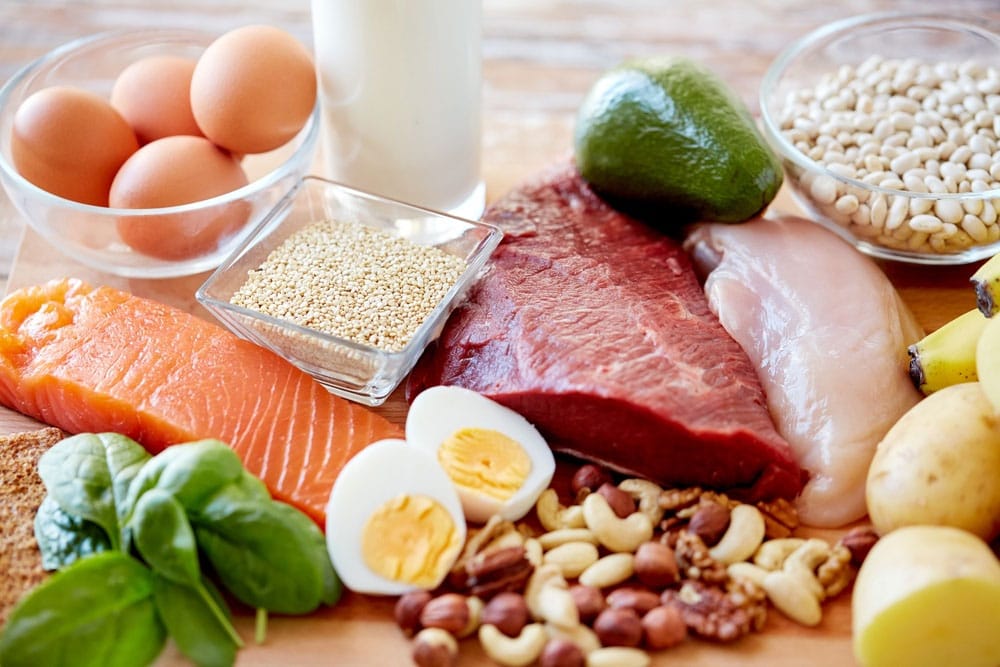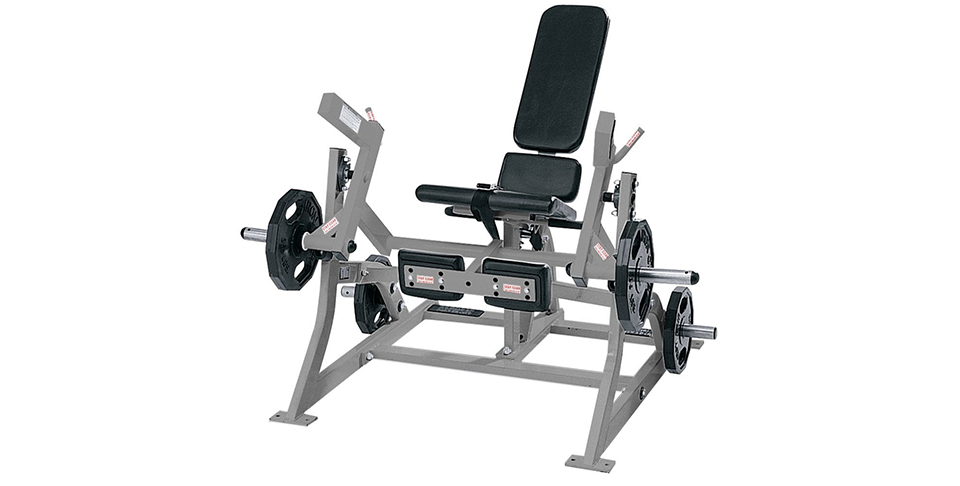
The Ultimate Guide to Crafting Your Muscle Building Diet
Building muscle is not just about pumping iron at the gym; it’s also about what you put into your body. A well-structured muscle-building diet plays a crucial role in achieving your fitness goals. Whether you’re a seasoned bodybuilder or just starting out on your fitness journey, understanding the fundamentals of nutrition for muscle growth is essential. In this comprehensive guide, we’ll delve into the principles of a muscle-building diet, including key nutrients, meal timing, and supplementation, to help you optimize your gains.
Understanding Macronutrients
Macronutrients are the building blocks of any diet, and they play a vital role in muscle growth. They consist of protein, carbohydrates, and fats.
1. Protein:
Protein is the cornerstone of muscle building. It provides the necessary amino acids that are crucial for repairing and rebuilding muscle tissue after workouts. Aim to consume high-quality sources of protein such as lean meats, poultry, fish, eggs, dairy products, legumes, and plant-based protein sources like tofu and tempeh. A general guideline is to consume around 1.6 to 2.2 grams of protein per kilogram of body weight per day.
2. Carbohydrates:
Carbohydrates are the body’s primary source of energy, especially during intense workouts. Opt for complex carbohydrates such as whole grains, fruits, vegetables, and legumes, which provide sustained energy levels and support muscle recovery. Timing your carbohydrate intake around your workouts can help fuel your training sessions and replenish glycogen stores in your muscles.
3. Fats:
Healthy fats are essential for hormone production, which is crucial for muscle growth and overall health. Include sources of unsaturated fats such as avocados, nuts, seeds, olive oil, and fatty fish like salmon in your diet. While fats are calorie-dense, they should be consumed in moderation as part of a balanced diet.
Meal Timing and Frequency:
In addition to focusing on macronutrient intake, the timing and frequency of your meals can also impact muscle growth.
1. Pre-Workout Nutrition:
Consuming a balanced meal containing carbohydrates and protein 1-2 hours before your workout can provide the necessary energy and amino acids to fuel your training session.
2. Post-Workout Nutrition:
After a workout, your muscles are primed for nutrient absorption. Aim to consume a combination of protein and carbohydrates within 30-60 minutes post-exercise to support muscle repair and recovery. Whey protein shakes, Greek yogurt with fruit, or a turkey sandwich on whole grain bread are excellent options.
3. Meal Frequency:
While there is no one-size-fits-all approach to meal frequency, aim to eat every 3-4 hours to maintain a steady supply of nutrients to your muscles throughout the day. This can help prevent muscle breakdown and support muscle growth.
Supplementation:
While a well-balanced diet should ideally provide all the nutrients your body needs for muscle growth, supplements can be useful for filling in any nutritional gaps or enhancing performance.
1. Whey Protein:
Whey protein is a fast-digesting protein source that can be convenient for meeting your daily protein needs, especially for those with higher protein requirements.
2. Creatine:
Creatine is one of the most researched supplements for improving strength and muscle mass. It helps increase ATP production, which can enhance performance during high-intensity activities like weightlifting.
3. Branched-Chain Amino Acids (BCAAs):
BCAAs, including leucine, isoleucine, and valine, are essential amino acids that can promote muscle protein synthesis and reduce muscle breakdown, particularly during workouts or periods of calorie restriction.
Conclusion:
Crafting a muscle-building diet requires careful consideration of macronutrients, meal timing, and supplementation. By prioritizing high-quality sources of protein, carbohydrates, and fats, and strategically timing your meals around your workouts, you can optimize muscle growth and recovery. Remember that consistency and patience are key, and always listen to your body’s cues to make adjustments as needed. With the right nutrition plan in place, you’ll be well on your way to achieving your muscle-building goals.








